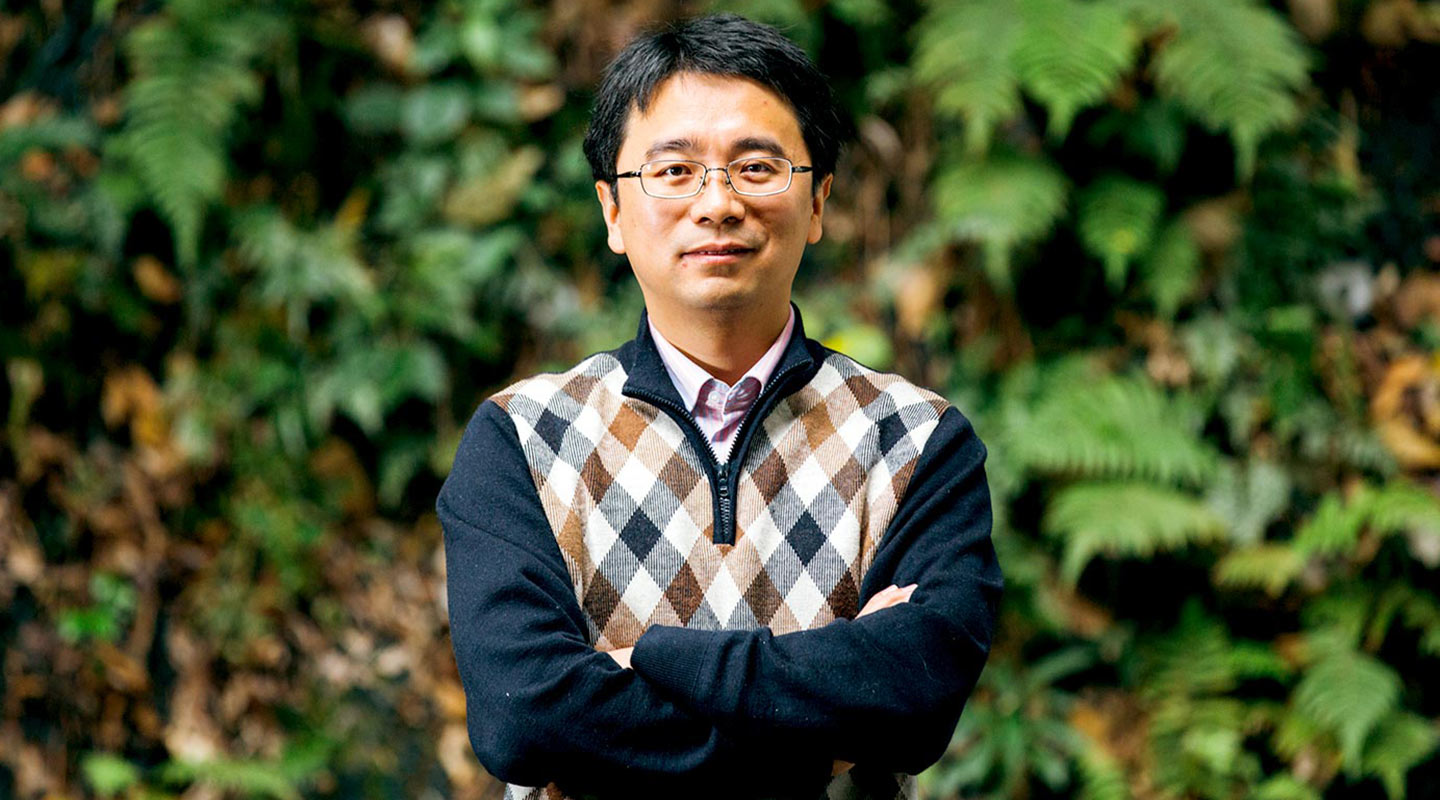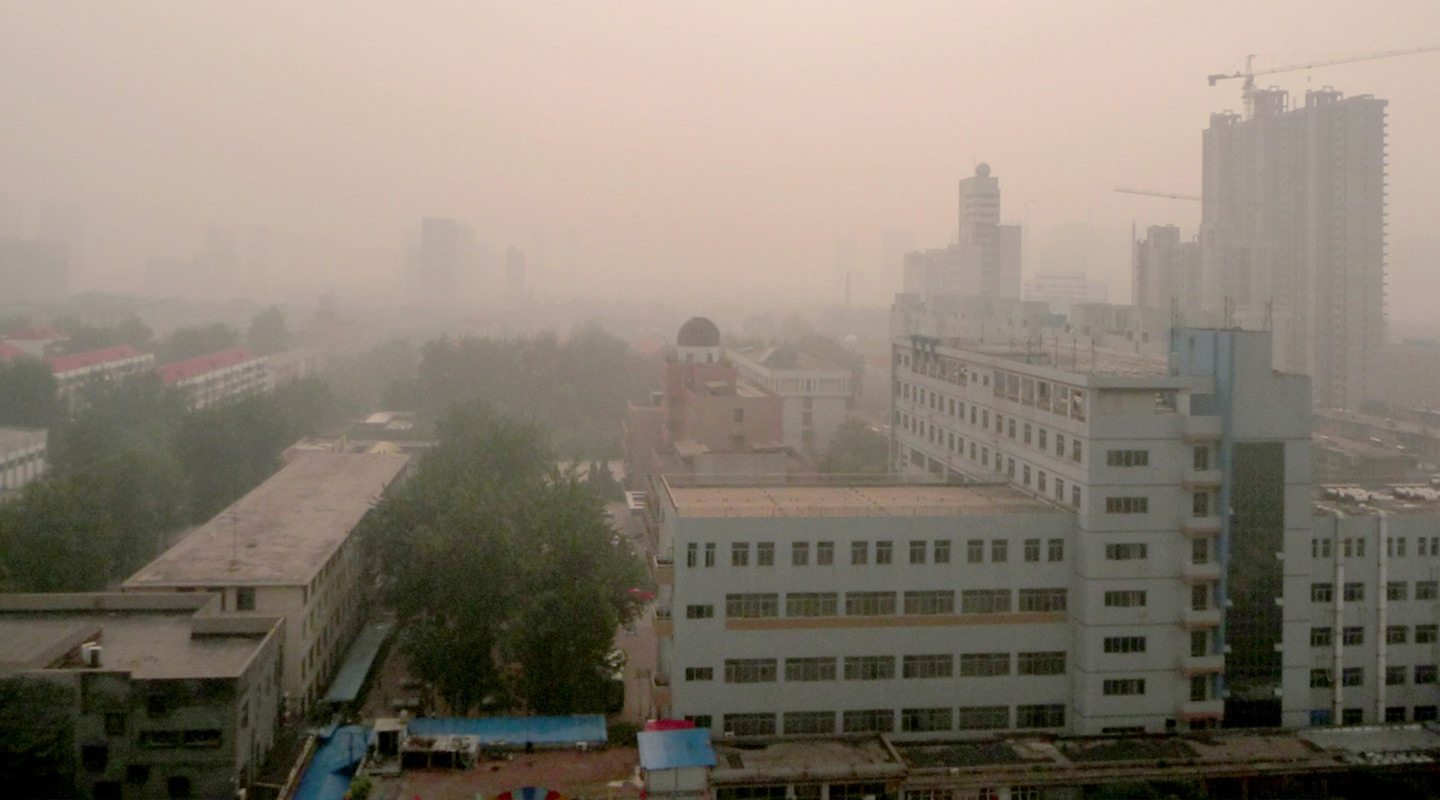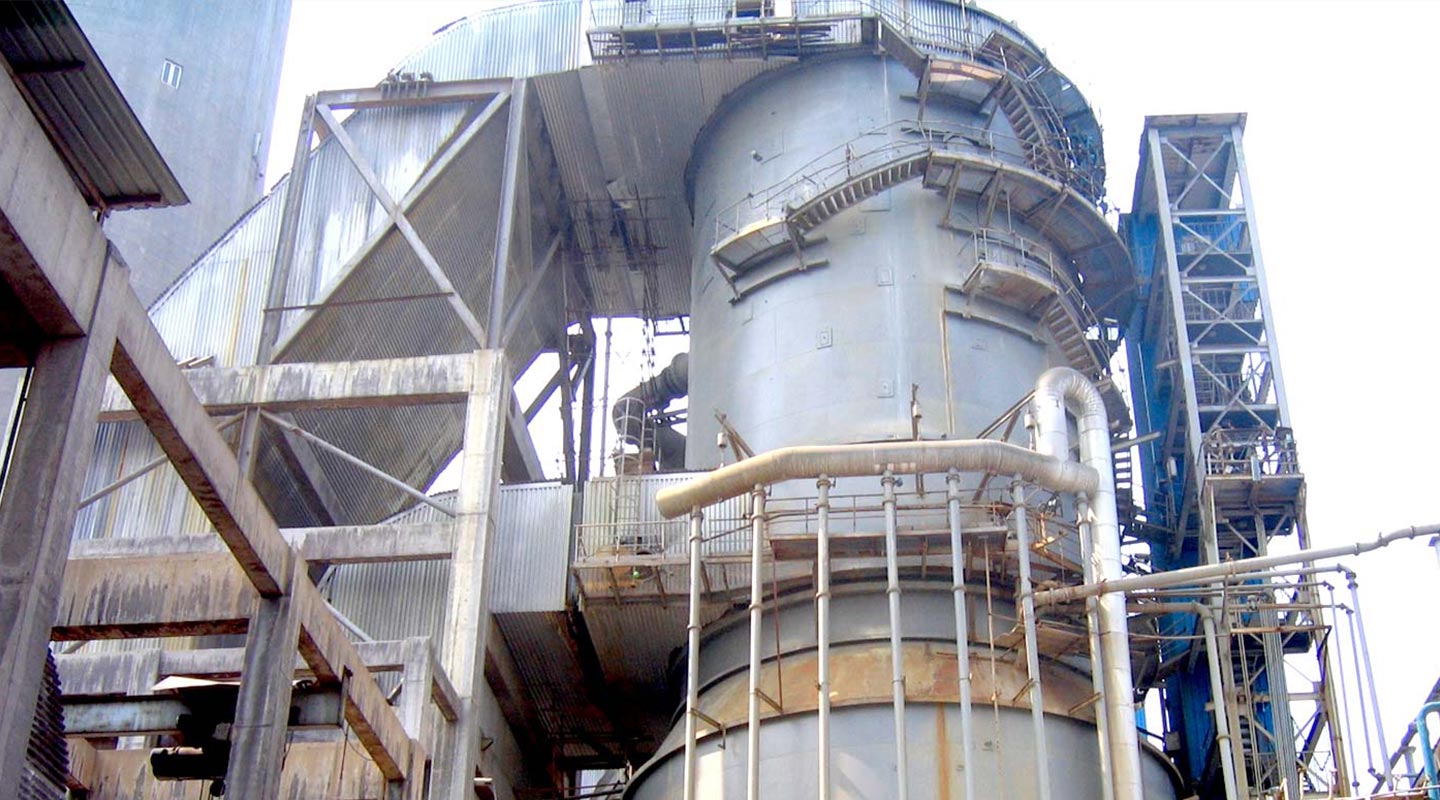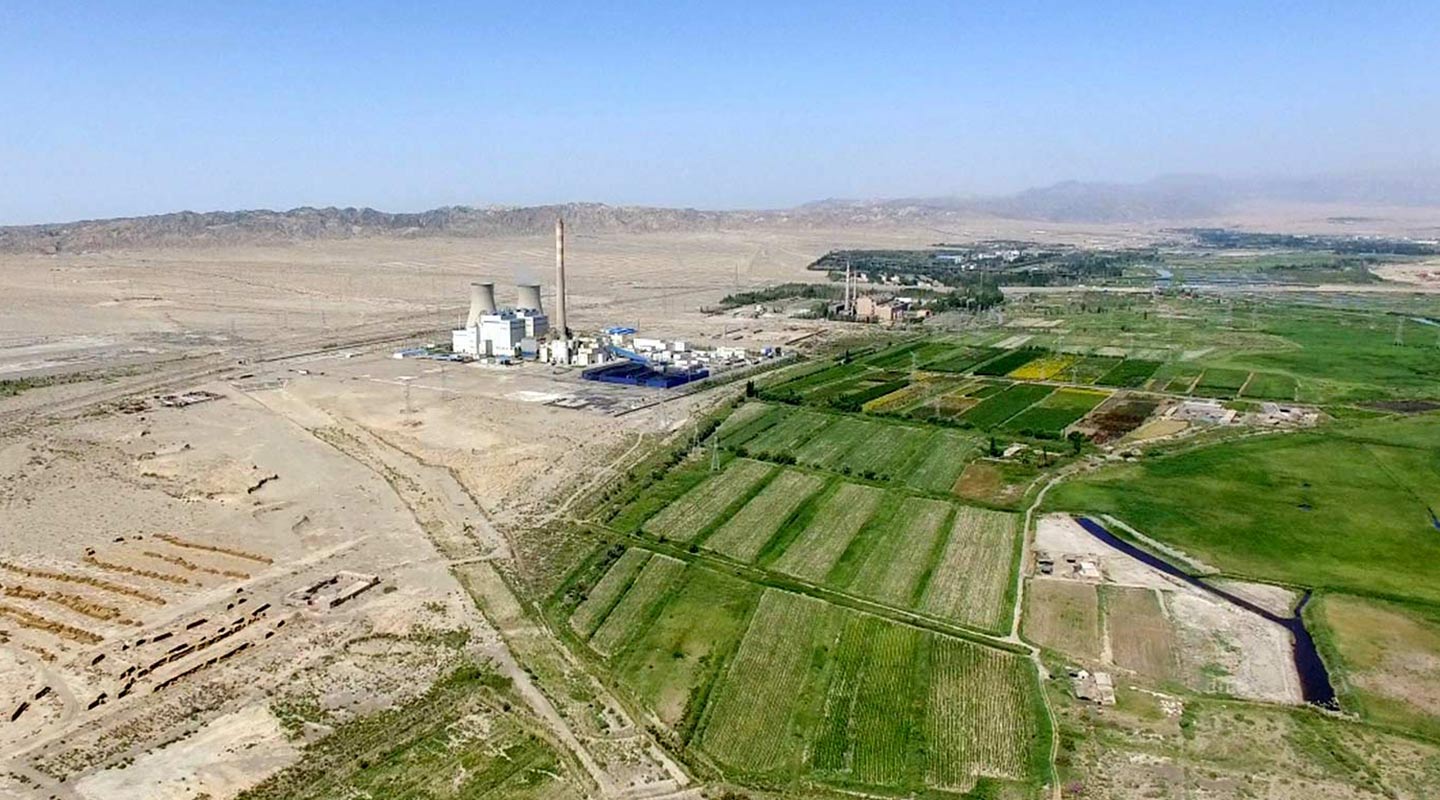Dear readers, With the launch of e-newsletter CUHK in Focus, CUHKUPDates has retired and this site will no longer be updated. To stay abreast of the University’s latest news, please go to https://focus.cuhk.edu.hk. Thank you.
The Mysterious Case of Combating Pollution in China

Prof. Xu Yuan of CUHK’s Department of Geography and Resource Management has been chasing answers as to why some of China’s policies on efficient energy production and pollution reduction have failed. In his most seminal work to date, he proposed a new concept to explain the best way of implementing policies aimed at sulphur-dioxide mitigation.
His primary finding is that China should pursue a path of incremental progress instead of seeking the ‘ideal’ solutions that might work in developed nations. He advocates what he calls a ‘comparative advantage strategy.’ China should adopt any step that progresses from the current situation. The country shouldn’t wait for a ‘best solution,’ he has found.
This means that the path of progress is not clearly planned in advance, despite Beijing’s best efforts. There are huge uncertainties given China’s smoggy situation that very likely prevent any long-term, definitive intelligent design.

You would think that the powerful central government would drive change. But Professor Xu believes that is not the case. In 2012, central-government spending on environmental governance accounted for only 2% of the total. The remaining 98% came from local governments.
Local governments often pay active lip service to laws and policies laid down by Beijing. But it is their actions that are most meaningful. What rules they enforce depends on incentives. No pollution-control policy is effective without motivating and incentivizing local governments, he believes.
Monitoring compliance of polluters is exceptionally difficult. When the industry deployed the first sulphur-dioxide scrubbers, local-government inspectors would only check if the scrubbers were working in the first week, ticking that box. Subsequent monitoring is the real headache—you can see scrubbers on Google Earth, but you can’t tell if they’re running.
To come to his conclusions, Professor Xu has interviewed some 100 people from industry, government and NGOs over the years, using formalized sets of questions. He looks for friends to introduce him to power-station contacts, not the government, since that adds pressure. He has found that some will just tell him how they cheat the system. Others kick him out—but that’s good.

‘I want them to feel free to kick me out rather than to cheat me—then I can have confidence in the interviews,’ he says. He asks questions from different angles to cross-check. Then he also uses data to get to the truth. ‘I can calculate quickly in my mind—I’m pretty good at it now even during an interview.’
His on-the-ground research at power plants—where he at times spends one to two days ‘living’ in the plants—has given him real-world insight into what is happening in reality rather than on paper. Once-and-for-all goals produce little result, he feels. Neither does setting strict roadmaps that look to the distant future. Professor Xu suggests that incremental improvement is much better than enforcing the ‘ultimate solution.’
‘The perfect should not be the enemy of the good,’ the Xinjiang native explains in a presentation. If you can see the next-stage solution is better than this one, you should go for it even if it has problems, he adds. ‘A good solution is often good enough.’

Professor Xu deploys a multidisciplinary approach. He studied atmospheric science and economics as an undergraduate at Peking University, then picked up a doctorate in public policy at Princeton. That took him to MIT, where his mentor was a political scientist, and he studied innovation.
‘My training enables me to tell the whole story, not just one aspect of the story,’ he says. He has outlined his comparative-advantage strategy in publications such as Environmental Science & Technology, a prominent journal put out by the American Chemical Society.
The idea of such an on-the-fly method of achieving results rather than following a definitive roadmap is imperfect and messy. But this is likely the fastest route to achieving positive results in the unfavourable conditions presented by developing nations, Professor Xu concludes. Enabling such a strategy, whether intentionally or not, explains whether energy-development and pollution-mitigation efforts will succeed in China.
By Alex Frew McMillan
This article was originally published on CUHK Homepage in Sep 2016.